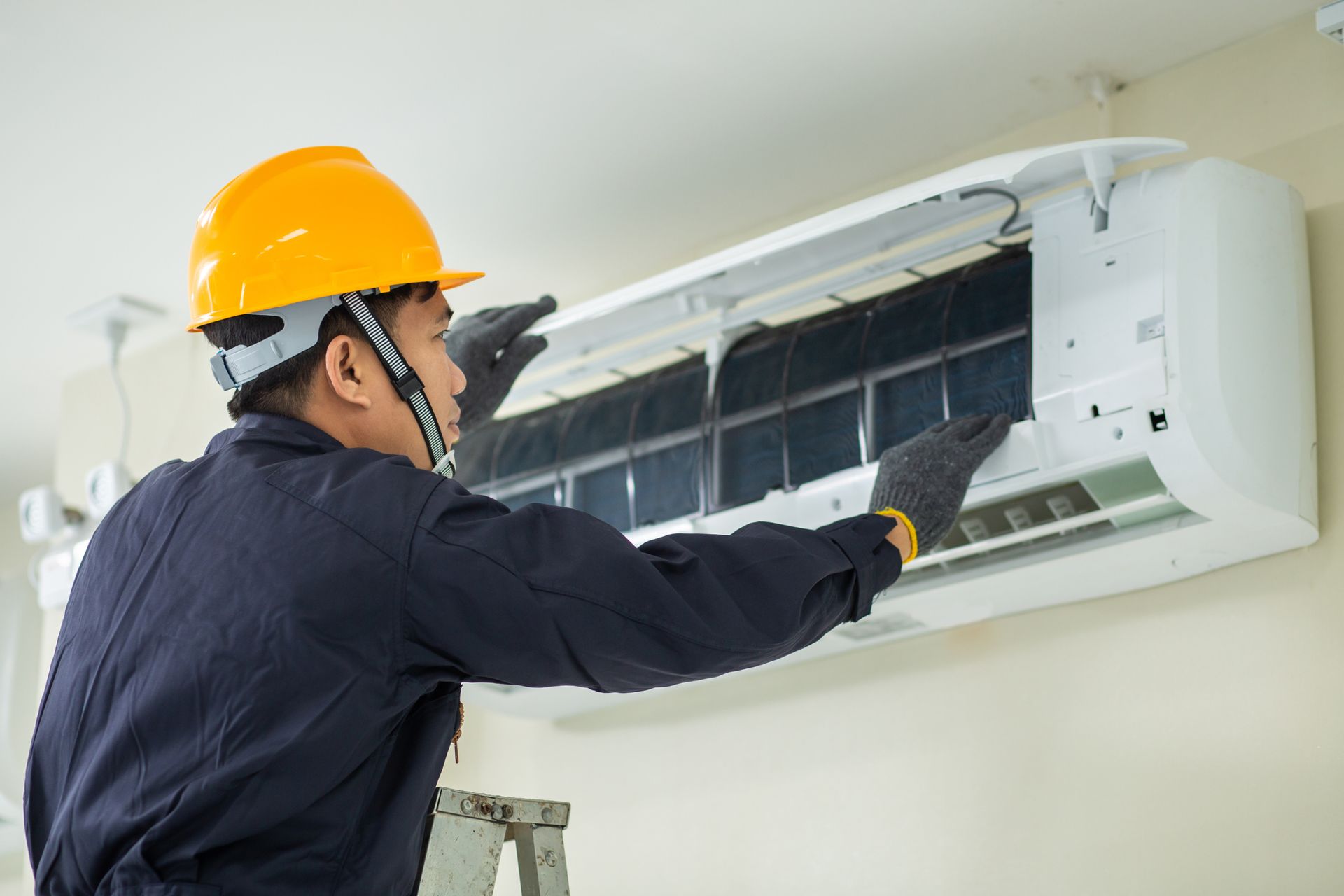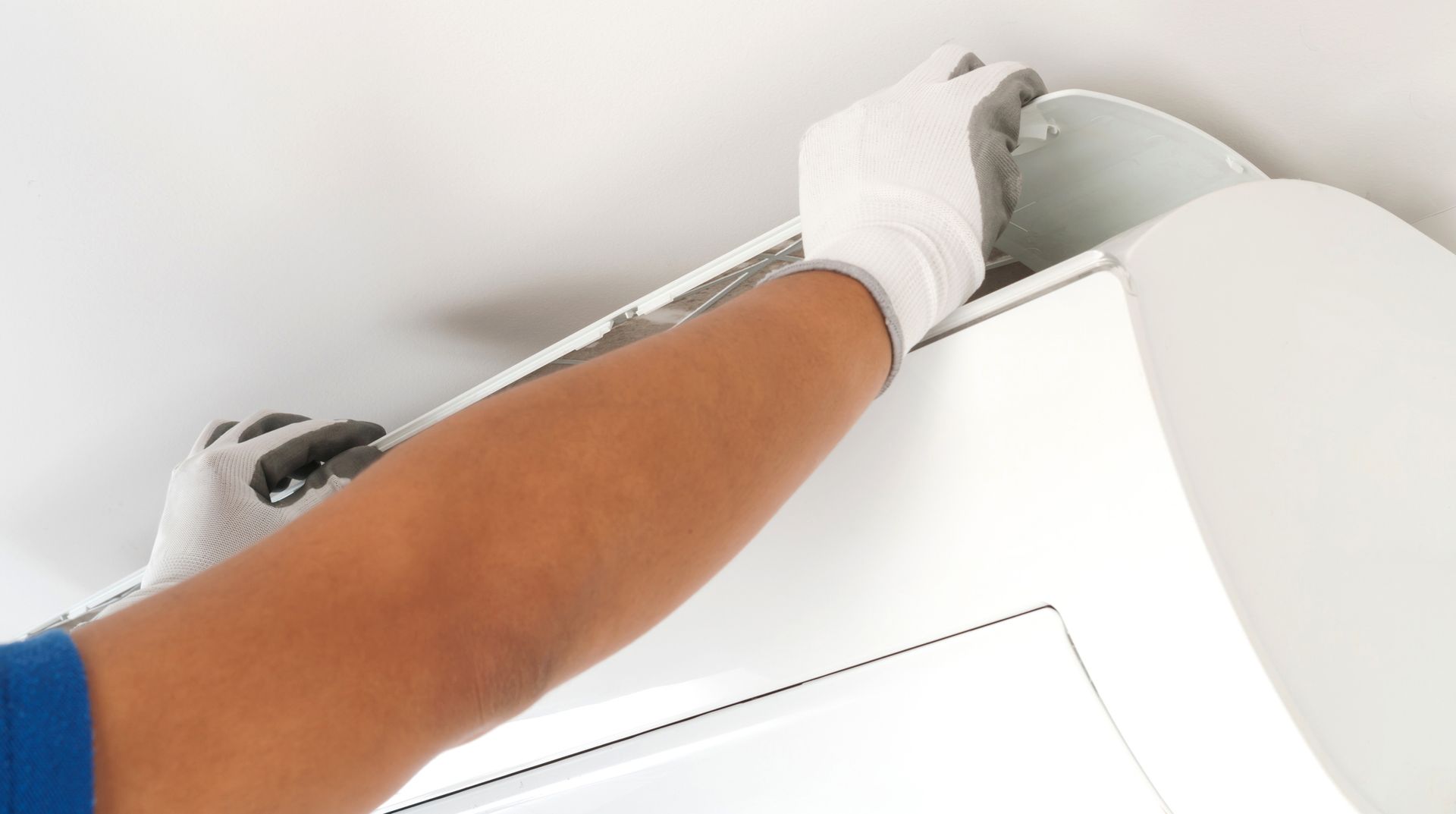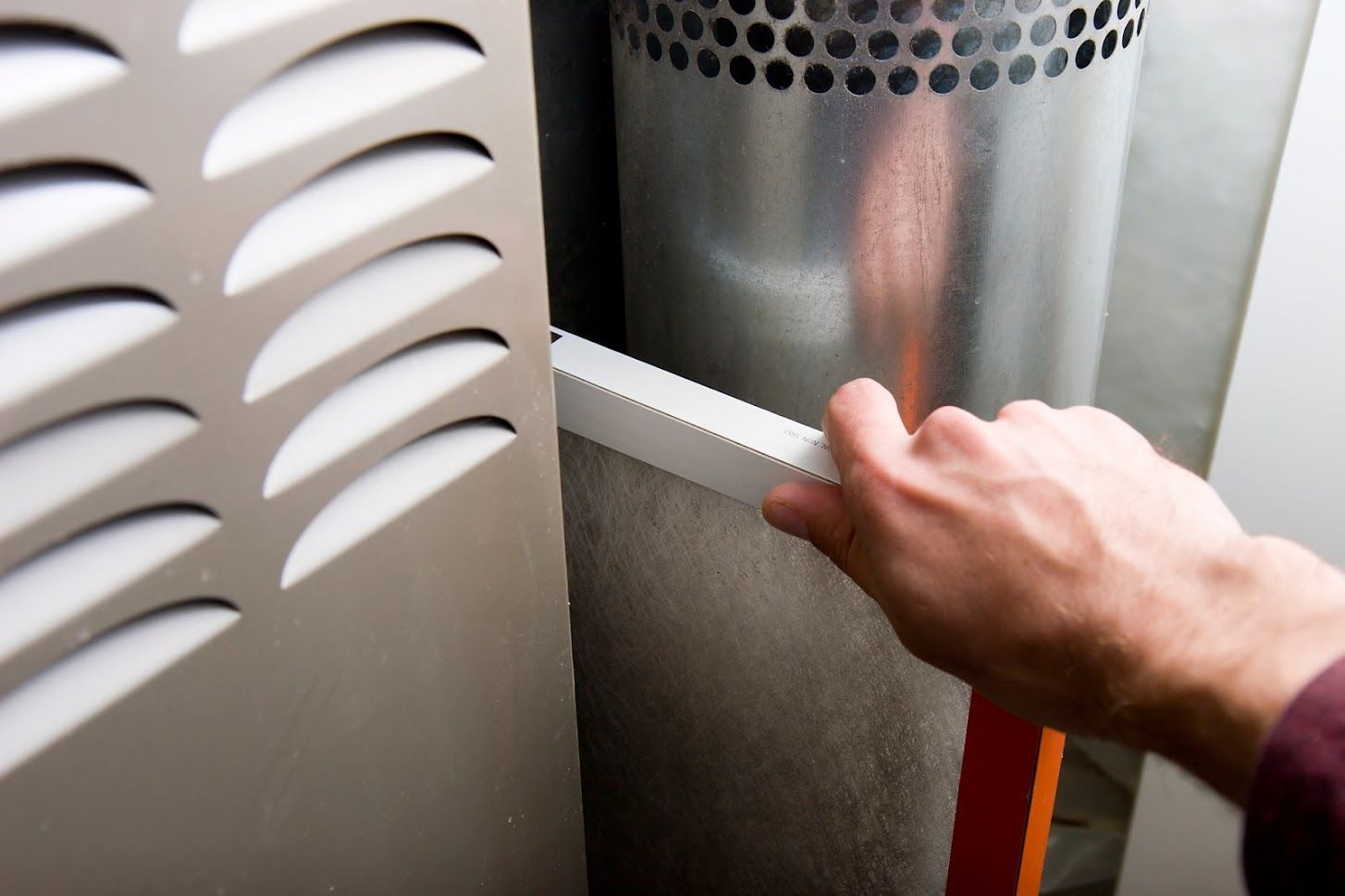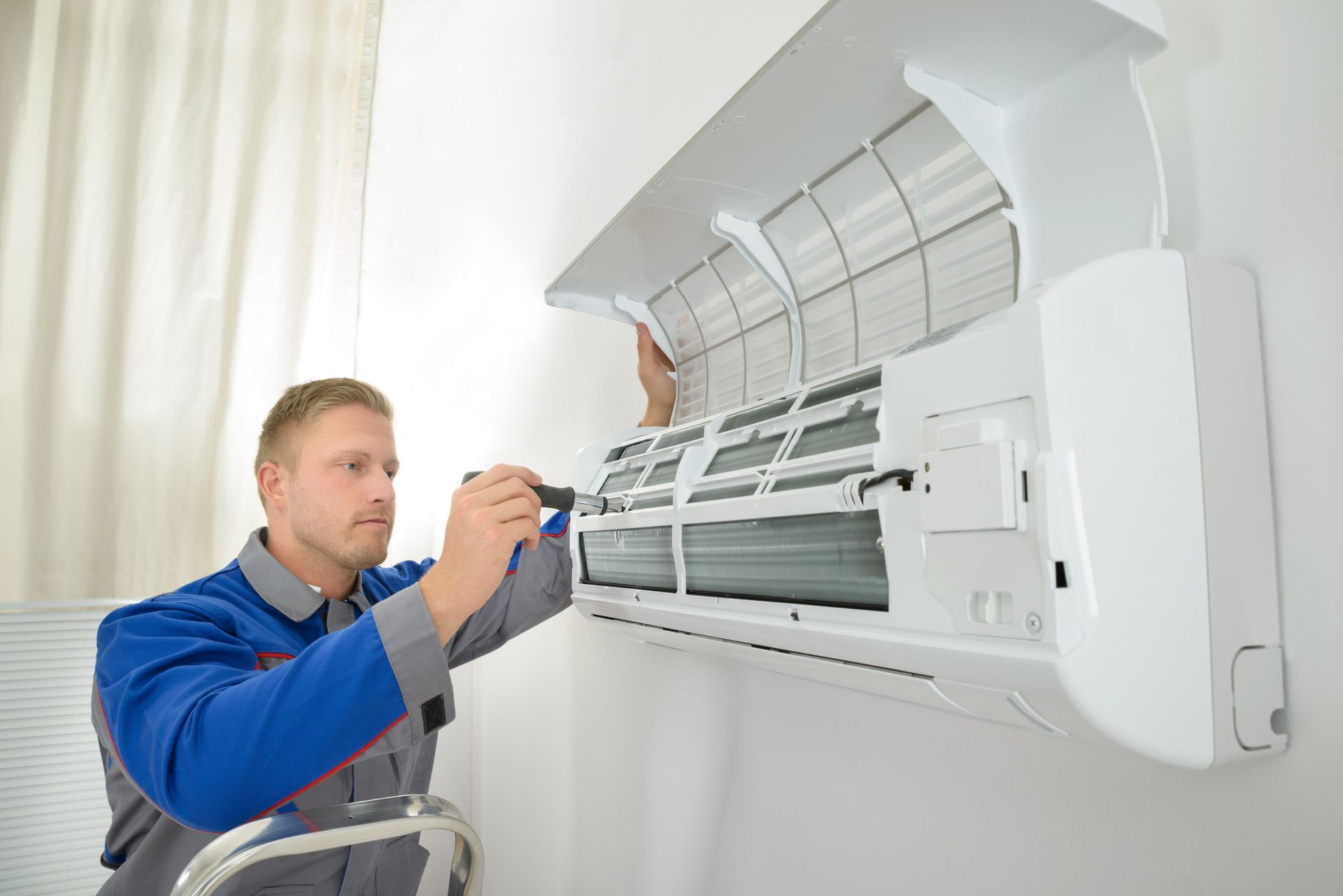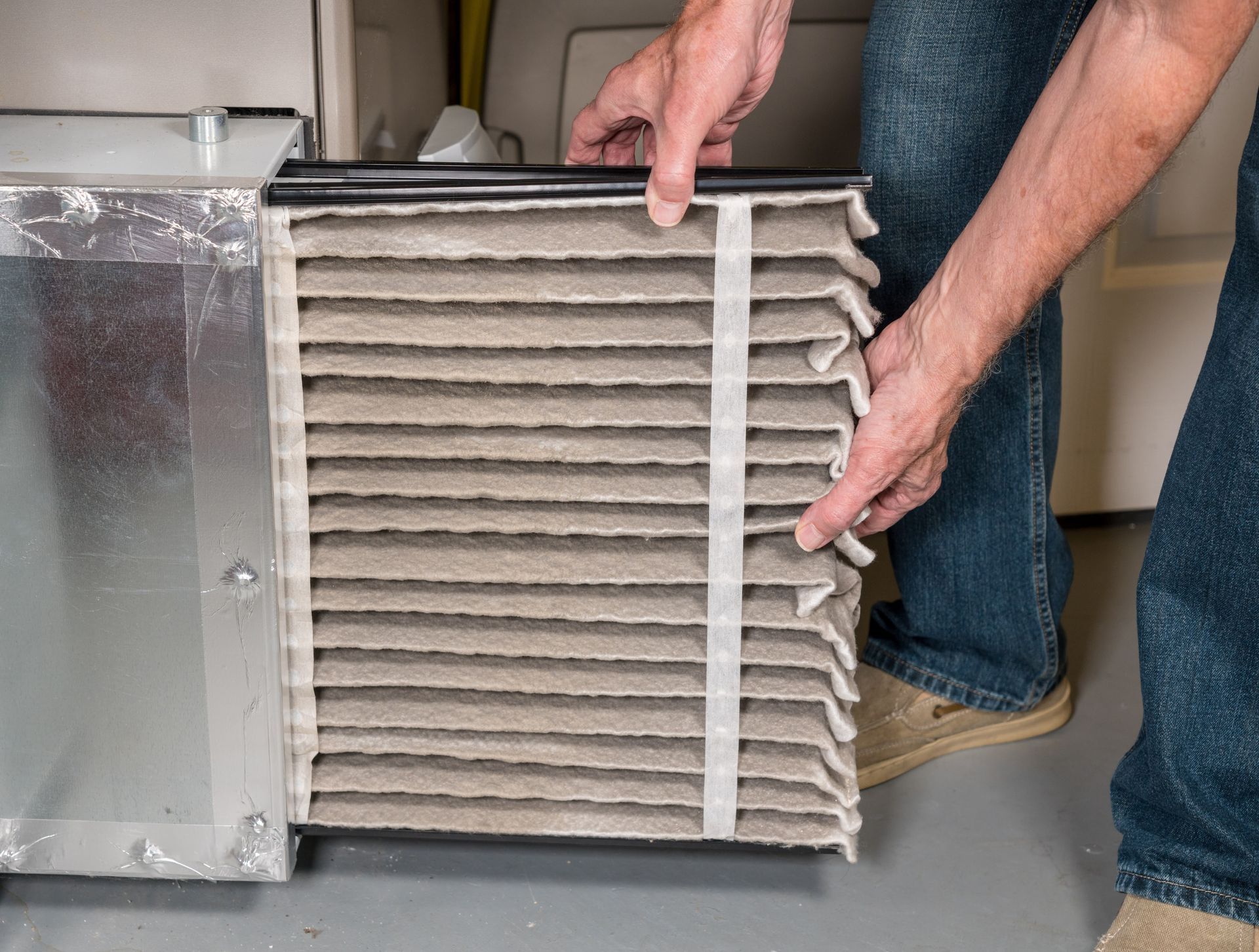Everything You Need to Know About Heat Pump Installation
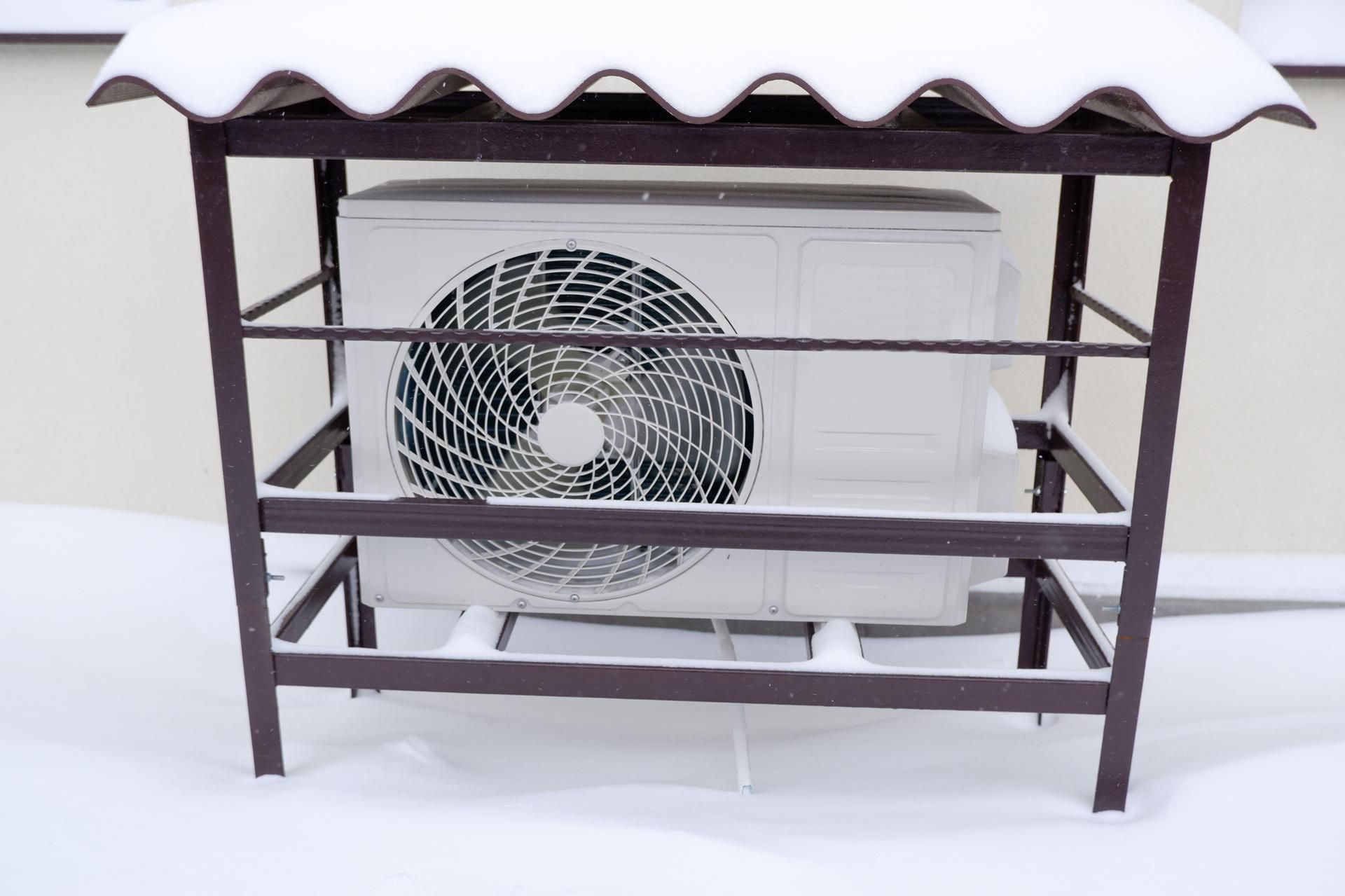
Choosing to install a new heat pump in your home is a significant decision that can greatly affect your comfort and energy efficiency. With advancements in technology, heat pumps have become an increasingly popular choice among homeowners looking for a reliable and eco-friendly heating and cooling system. However, understanding the installation process and what to expect is crucial to ensure optimal performance. This post will guide you through the essential aspects of getting a heat pump installed, helping you make informed decisions along the way.
Understanding Heat Pump Basics
Before diving into the installation process, it's essential to have a basic understanding of how heat pumps work. A heat pump transfers heat from one place to another using refrigerant and electricity. In the winter, it extracts heat from the outside air and moves it inside your home, providing warmth. In the summer, it reverses this process by removing heat from your indoor air and releasing it outside.
Assessing Your Home's Needs
Every home has unique heating and cooling requirements. Therefore, it's essential to assess your home's specific needs before the installation process begins. Consider factors such as your home's size, insulation, and existing ductwork. An HVAC contractor can perform a detailed assessment to recommend the most suitable heat pump model that fits your home's requirements, ensuring maximum efficiency and comfort.
Choosing the Right Type of Heat Pump
There are different types of heat pumps available, including air-source, ground-source (geothermal), and ductless mini-split systems. Each type has its own advantages and is suited for different situations. Air-source heat pumps are commonly used due to their affordability and ease of installation. Ground-source heat pumps, while more expensive, offer greater energy efficiency and savings over time. Ductless systems are ideal for homes without existing ductwork. Selecting the right type of heat pump will depend on your home's infrastructure and personal preferences.
Finding a Qualified HVAC Contractor
The success of your heat pump installation largely depends on the expertise of the HVAC contractor you choose. Look for a qualified and experienced professional who specializes in heat pump installations. A skilled contractor will ensure all components are properly installed, reducing the risk of future issues. Ask for recommendations, check online reviews, and verify their credentials. A trustworthy contractor will guide you through the entire process, providing valuable insights and advice.
Understanding the Installation Process
The installation process involves several steps, including site preparation, equipment placement, and system calibration. The contractor will first assess the best location for the heat pump, considering factors like airflow and access to power sources. Once the placement is determined, the installation will commence, which involves setting up indoor and outdoor units, connecting refrigerant lines, and configuring the system. The installer will test the system to ensure it operates efficiently and effectively.
Considering Energy Efficiency and Costs
One of the primary benefits of installing a heat pump is its energy efficiency, which can lead to significant cost savings on your utility bills. When selecting a heat pump, prioritize models with high energy efficiency ratings, such as those labeled with ENERGY STAR certification. Although the initial investment may be higher, the long-term savings on energy costs will outweigh the expense. Additionally, look into available tax credits and incentives for energy-efficient appliances, which can further reduce the overall cost of installation.
Regular Maintenance for Longevity
Once your heat pump is installed, regular maintenance is vital to ensure it operates at peak performance. Routine inspections, cleaning, and servicing can prevent potential issues and extend the lifespan of your system. Schedule annual maintenance checks with your HVAC contractor, and perform simple tasks like changing filters and cleaning coils regularly. Proper maintenance will enhance your heat pump's efficiency and reliability, delivering consistent comfort to your home.
Installing a heat pump in your home can provide numerous benefits, from energy efficiency to year-round comfort. By understanding the installation process and selecting the right system, you can enhance your home's climate control and reduce your environmental impact. Reach out to a trusted HVAC contractor to discuss your options and start your heat pump installation with confidence. With the right preparation and expert guidance, your new heat pump can transform your home into a haven of comfort and efficiency.
Contact us at A-1 Finchum Heating & Cooling to learn more about heat pump installation.




